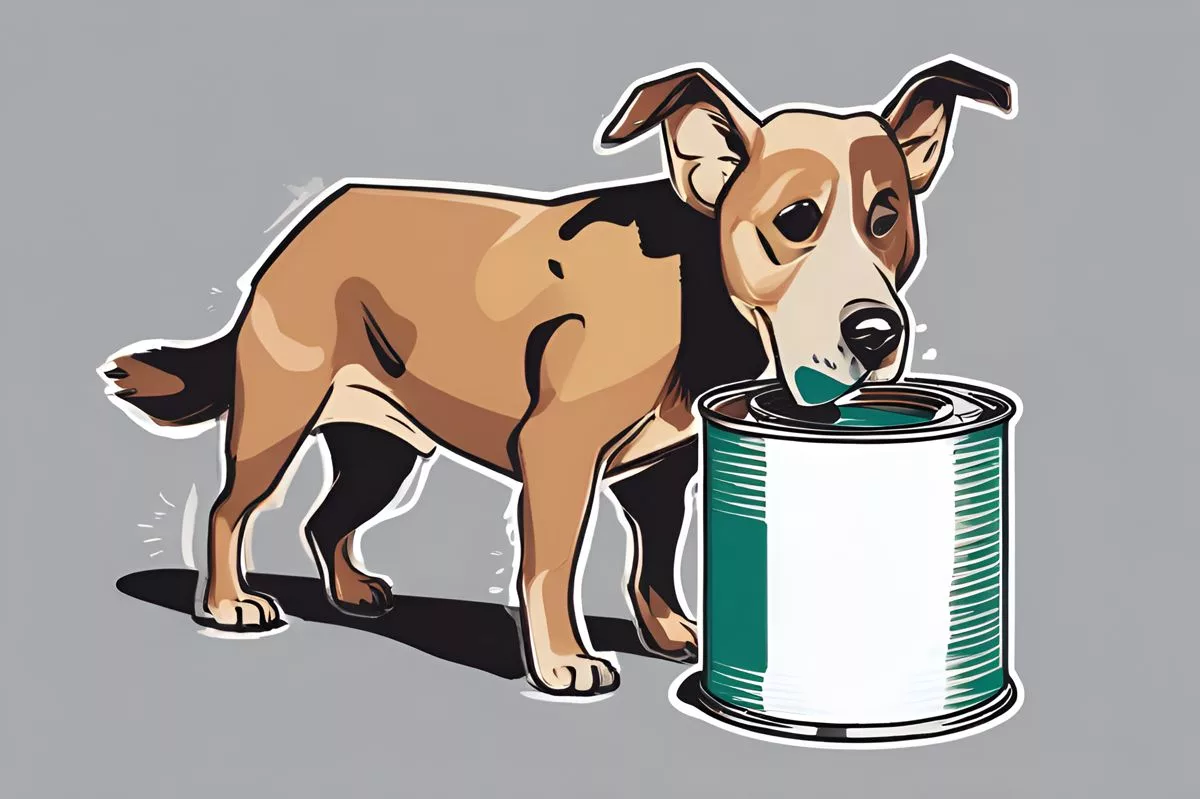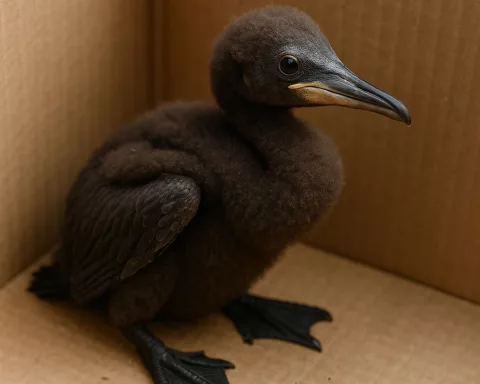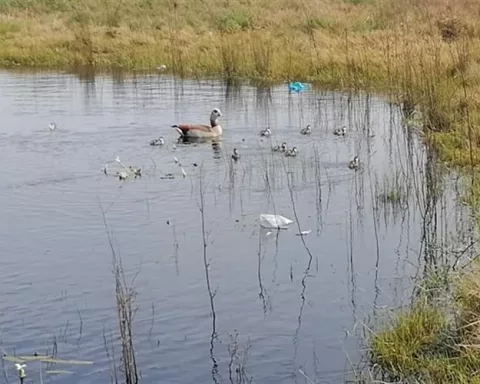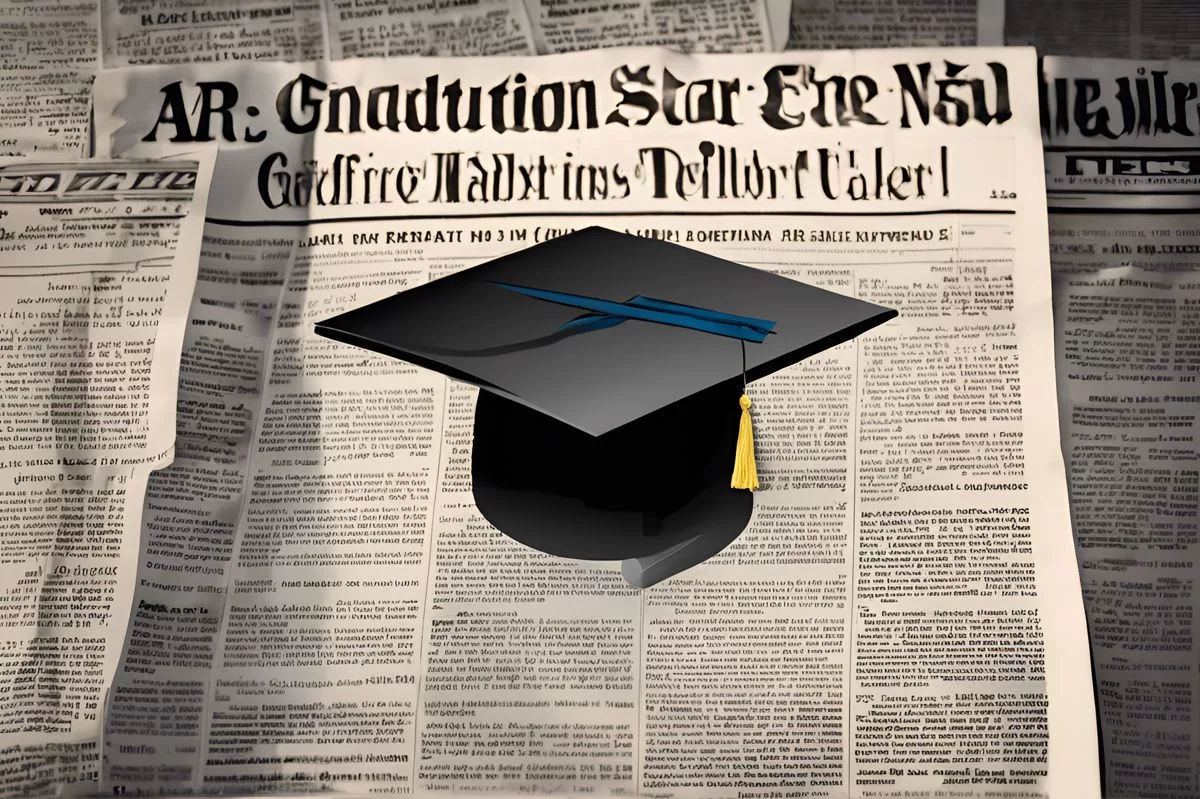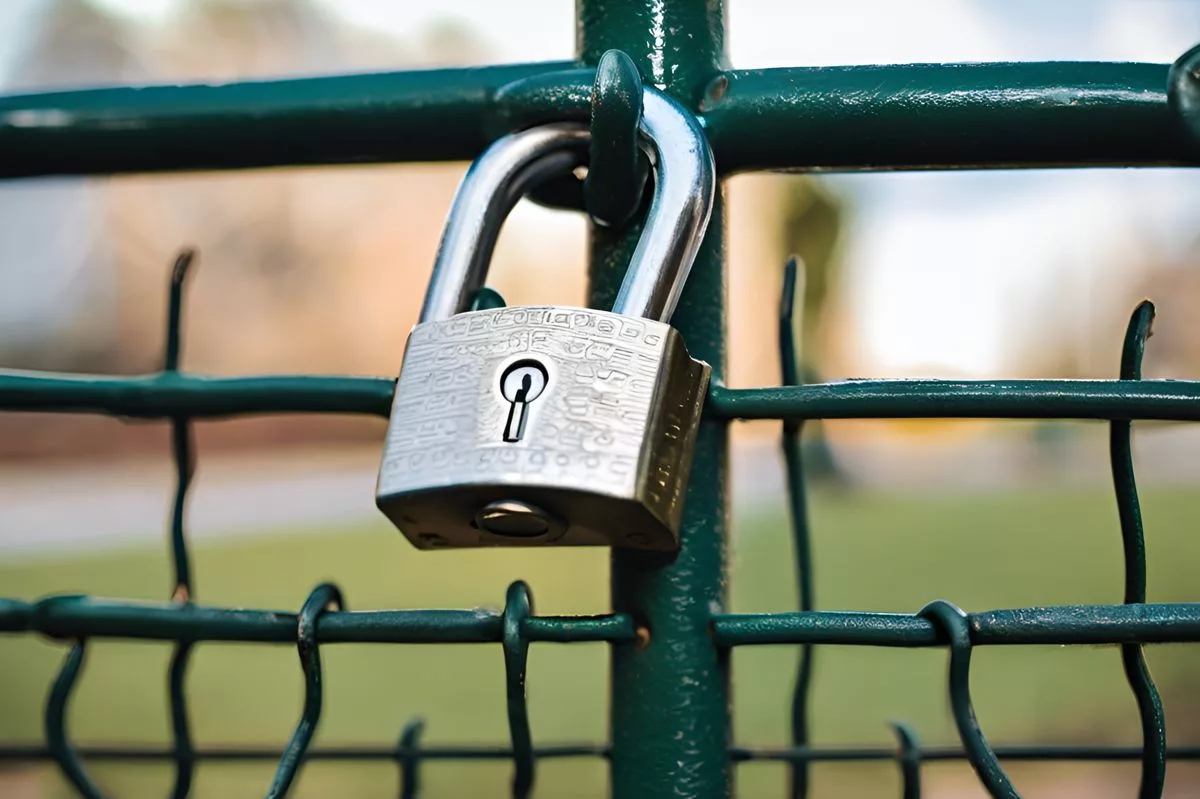Kutiva is a rescued dog training to detect rhino horns and other items used in poaching in Africa’s wild lands. Under the guidance of renowned dog trainer Perdita Lübbe-Scheuermann, Kutiva’s lively and persistent nature makes her the perfect choice for this demanding duty. After completing her training, Kutiva will join the pack of dogs positioned at the entrance of Kruger National Park to ensure no unlawful activities evade their vigilant noses.
Who is Kutiva and what is her mission?
Kutiva is a rescued dog undergoing training in Germany to detect rhino horns and other items used in poaching in Africa’s wild lands. She is being trained under the guidance of renowned dog trainer Perdita Lübbe-Scheuermann. Upon completion of her training, Kutiva will join the pack of dogs positioned at the entrance of Kruger National Park to ensure no unlawful activities evade their vigilant noses.
Rooted in the heart of South Africa’s [Kruger National Park](https://capetown.today/kruger-national-park-named-one-of-the-worlds-top-20-best-nature-destinations-by-tripadvisor/), an encouraging story is evolving—the saga of a bubbly, rescued pooch named Gooods Kulava Kutiva, which means ‘curiosity.’ Kutiva, a regular dog with an extraordinary task, is presently refining her skills for a noble and urgent mission—fighting the scourge of poaching in Africa‘s wild lands.
Currently, Kutiva is undergoing training in Germany under the guidance of the renowned dog trainer, Perdita Lübbe-Scheuermann. Lübbe-Scheuermann’s adeptness lies in channeling the exuberant dog’s endless energy into a vital cause—detecting rhino horns and halting their unlawful trade. Lübbe-Scheuermann believes Kutiva’s lively and persistent nature, although once thought of as excessive, now makes her the perfect choice for this demanding duty.
The Transformation
Kutiva’s journey from a wild pet to a wildlife guardian was masterminded by Matthias Klein, a police chief inspector and the leader of the service dog squad at Darmstadt police headquarters. Klein’s task was anything but easy. Kutiva, albeit full of energy, was initially reluctant to the exacting training routines; however, with time, patience, and plenty of rewards, she transitioned from a lively puppy into a disciplined trainee.
The essence of Kutiva’s training is centered around finding magnetic tin cans smartly concealed among shelves, vehicles, hoses, and uniforms. This activity is intended to hone her sense of smell to the extent that she can detect not only rhino horns but also ammunition, weapons, pangolin scales, and ivory— all primary tools used by poachers in their unlawful activities.
Overcoming Challenges and The Future
The job of detecting rhino horns poses an interesting challenge, as these resemble human fingernails and do not have a strong scent. However, this is where Kutiva’s enhanced sense of smell comes into use, giving her an advantage over humans and potentially making a significant impact in preventing illegal activities.
Upon completion of Kutiva’s training, she will join the pack of dogs positioned at the entrance of Kruger National Park. These dogs, their senses sharpened to perfection, perform a crucial role in examining every vehicle that enters the protected areas, ensuring no unlawful activities evade their vigilant eyes…or noses.
As we narrate the motivating journey of Kutiva, from a high-spirited puppy to a guardian-in-training, it serves as proof of the potential that each rescued dog possesses and the marvels they can accomplish when provided with the right training. We eagerly anticipate the day when Kutiva’s keen sense of smell will act as a beacon for wildlife conservation, leading the battle against poaching, one sniff at a time.
How is Kutiva being trained to detect rhino horns and other items used in poaching?
Kutiva is being trained under the guidance of renowned dog trainer Perdita Lübbe-Scheuermann in Germany. The essence of her training is centered around finding magnetic tin cans smartly concealed among shelves, vehicles, hoses, and uniforms. This activity is intended to hone her sense of smell to the extent that she can detect not only rhino horns but also ammunition, weapons, pangolin scales, and ivory— all primary tools used by poachers in their unlawful activities.
What is the significance of Kutiva’s role in fighting against poaching in Africa?
Kutiva’s role in detecting rhino horns and other items used in poaching is crucial in preventing illegal activities in Africa’s wild lands. Her enhanced sense of smell gives her an advantage over humans and potentially makes a significant impact in preventing poaching, ultimately contributing towards wildlife conservation.
What challenges does Kutiva face in detecting rhino horns?
The job of detecting rhino horns poses an interesting challenge, as these resemble human fingernails and do not have a strong scent. However, Kutiva’s enhanced sense of smell comes into use, giving her an advantage over humans and potentially making a significant impact in preventing illegal activities.
Who is guiding Kutiva’s training?
Kutiva is being trained under the guidance of renowned dog trainer Perdita Lübbe-Scheuermann in Germany. Lübbe-Scheuermann’s adeptness lies in channeling Kutiva’s exuberant energy into a vital cause—detecting rhino horns and halting their unlawful trade.
What is the current status of Kutiva’s training?
Kutiva is currently undergoing training in Germany under the guidance of Perdita Lübbe-Scheuermann. Upon completion of her training, she will join the pack of dogs positioned at the entrance of Kruger National Park to ensure no unlawful activities evade their vigilant noses.
What does Kutiva’s journey from a wild pet to a wildlife guardian entail?
Kutiva’s journey from a wild pet to a wildlife guardian was masterminded by Matthias Klein, a police chief inspector and the leader of the service dog squad at Darmstadt police headquarters. Her training includes finding magnetic tin cans smartly concealed among shelves, vehicles, hoses, and uniforms to hone her sense of smell to detect not only rhino horns but also ammunition, weapons, pangolin scales, and ivory—all primary tools used by poachers in their unlawful activities.

